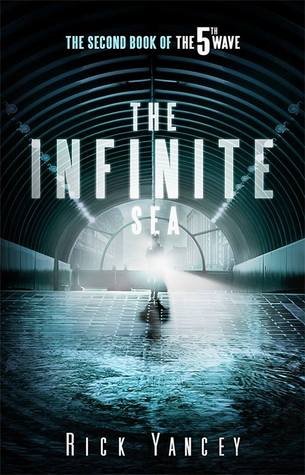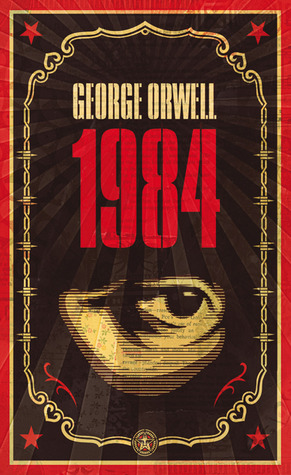As the 5th Wave rolls across the landscape, Cassie, Ben, and Ringer are forced to confront the Others’ ultimate goal: the extermination of the human race (Goodreads).
It's not as good as the first one. Not by a long shot. That isn't to say it doesn't have its moments, but for starters, it's just not nearly as long. A sequel should be able to build on its predecessor in more ways than one, but this novel barely expands on the dystopian world set up in the first. For one, it's supposed to have been a worldwide apocalypse, right? Unfortunately, the author only details a select few frustratingly 'special' Americans (not that Americans can't be special). The plan of the antagonists is also overcomplicated, as if the author went a little overboard on the amount of layers and deception he wanted in the novel. And don't get me started on the romances. Luckily, the pacing picks up towards the end and new perspectives make the narration unique and enjoyable. The action is very well dictated, if a little overwhelming, and the symbolism and allegories are well-crafted, if a little obvious. Overall, though, there's not much development as a whole, and the novel might have been better merged into the first or third installments. 7.3/10


